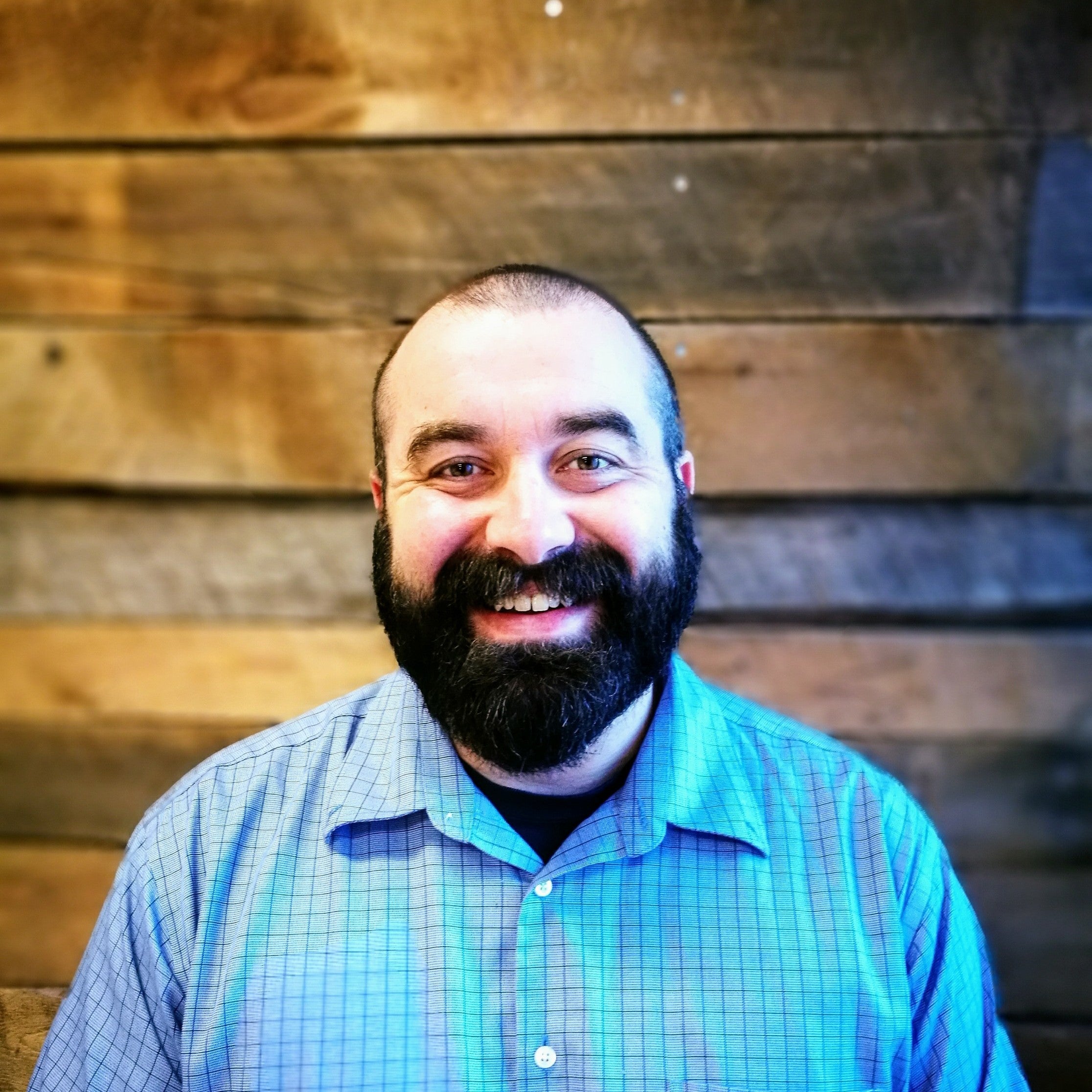
The Legacy Leadership Lab is committed to advancing and sharing the voices and experiences of the Canadian professionals that work in the fields of social finance, community economic development, and social and co-operative entrepreneurship. Our first Featured Author is Justin Sweeney of the Saint John Community Loan Fund in Saint John, New Brunswick.
Justin has been overseeing SJCLF’s real estate and social finance work over the past 18 months, with a focus on a small affordable housing project and creating a program for delivering innovative capital to social purpose organizations.
Justin approaches his work with a mixture of gravitas and enthusiasm, and L3 is thrilled that he accepted to share his experience of the Social Finance Forum held in Toronto two weeks ago. What follows are Justin’s honest and personal impressions of the event.
All so similar, but no two the same
Coming into my role at Saint John Community Loan Fund, I was comfortable with entrepreneurship, entrepreneur development, economic development, and small business management, but really did not yet understand the nuances of finance as it relates to accessing and utilizing the right capital at the right time. Luckily, at least in my experience, social finance has been like other industries, in that, those who are at the peak of the industry are the most humble, encouraging, and willing to support new entrants into the field. It is within this context that I reflect on my first Social Finance Forum.
As a first-timer at the Social Finance Forum, I felt a twinge of imposter syndrome upon arrival. I thought about my short tenure, I thought about the size of our fund, and I wondered how I could bring value to the people I was about to meet.
That imposter feeling disappeared within five minutes into the first session. I sat down at a near-full table for the pre-conference session and was immediately engaged in a meaningful conversation about social purpose real estate with a tablemate.
This set the tone for the forum. From session to session and day to day, I was continuously impressed by the good-natured, welcoming, collaborative and supportive interactions with fellow attendees. I found the round table seating of the first day really encouraged these interactions and would have liked to see more capacity building sessions throughout the remainder of the forum.
The pre-conference session was a very strong introduction to Impact Investing that included leading practitioners such as Bill Young and prime case studies for the potential of impact investing with social enterprises like Lucky Iron Fish. The day rounded out with introductions to B corps, building a portfolio, catalyzing foundation endowments, and SVX.
The following morning, I met with a fellow New Brunswick attendee and settled in for the Day 1 opening remarks. I found it very easy to make connections over the three days through the Mars event app. I was able to find and connect for meetings with people that I'd been speaking with from across Canada. Others attending the Forum were also able to seek me out based on alignments in the work that we were both doing. I quickly found that time not spent in sessions was booked up with highly productive meetings with practitioners from across the country.
Matthew Bishop of the Rockefeller Foundation’s keynote established one of two concurrent themes that I felt throughout the forum; capitalism, as we know it, is dead; and impact can be challenging to define, measure and manage. The speakers that were included throughout the event reiterated these points, offering insights into solutions, the progress made, and what lies ahead.
While all speakers were of the highest caliber, two in particular stand out: Gillian Tett, with her point of view as Editor at Large of the Financial Times, called us out on promoting more of our work in Canada on the world stage, while Morgan Simon focused unwaveringly on the need for impact to be defined by the beneficiary. Ensuring that the beneficiary is included in defining impact was one of the key takeaways for me.
Other speakers touched on opportunities for developing better SDG metrics by using the targets rather than the larger goals, crowdfunding civic assets based on increases in property value, and that there are some beautiful examples in tech for good in companies like Pantonium, Inkblot Therapy and Chalk.

Justin took his family with him to see Toronto, and here is his daughter at the CN Tower, looking out over the city. Justin looks at her and wonders what world she will see when she comes of age. ‘What will I say to her,’ he asks himself, ‘if things go wrong? How will I answer her when she asks, “What did you do to make the world I will inherit a better place?”’ He worries he isn’t doing enough, but it's a journey, and he feels as though he’s on the right path, both professionally and personally.
The biggest takeaway for me was that no matter the size, depth of experience, position, or geographic location, practitioners within the industry are all facing very similar challenges. We face the frailty of our inconsistent language, the need for more stewards of capital to get involved, the lack of standardization in measurement, and the pockets of localized capital that dismisses impact activities or businesses focused on a social good. Finding these commonalities made me realize that this is the perfect space for a first-timer, experienced investor, curious asset manager, social purpose real estate developer, fund manager, service provider, student, onlooker, owner of capital, founder, NPO leader, entity seeking capital, or government representative who wants to further their understanding and connections within the future economy.
About Saint John Community Loan Fund
Saint John Community Loan Fund was established in 1999 on the principle that small amounts of capital should never be a barrier to someone with the drive to seize an opportunity to help move themselves forward. Since that time, the fund has issued over 260 loans and grown into a full-service community economic development organization that offers financial solutions, training, and social purpose real estate. In the last 12 months, they’ve also piloted the implementation of a new line of business serving the social enterprises and social entrepreneurs of New Brunswick.
Disclaimer: The views and opinions of these blog authors are their own and do not necessarily represent those of the organizations of which they are a part. It should also be noted that neither the University of Waterloo, the Waterloo Institute for Social Innovation and Resilience, the Legacy Leadership Lab, or the Saint John Community Load Fund, has any formal affiliation with the Social Finance Forum and its organizers, and this blog post was one professional’s unbiased discussion of their experience of the event.